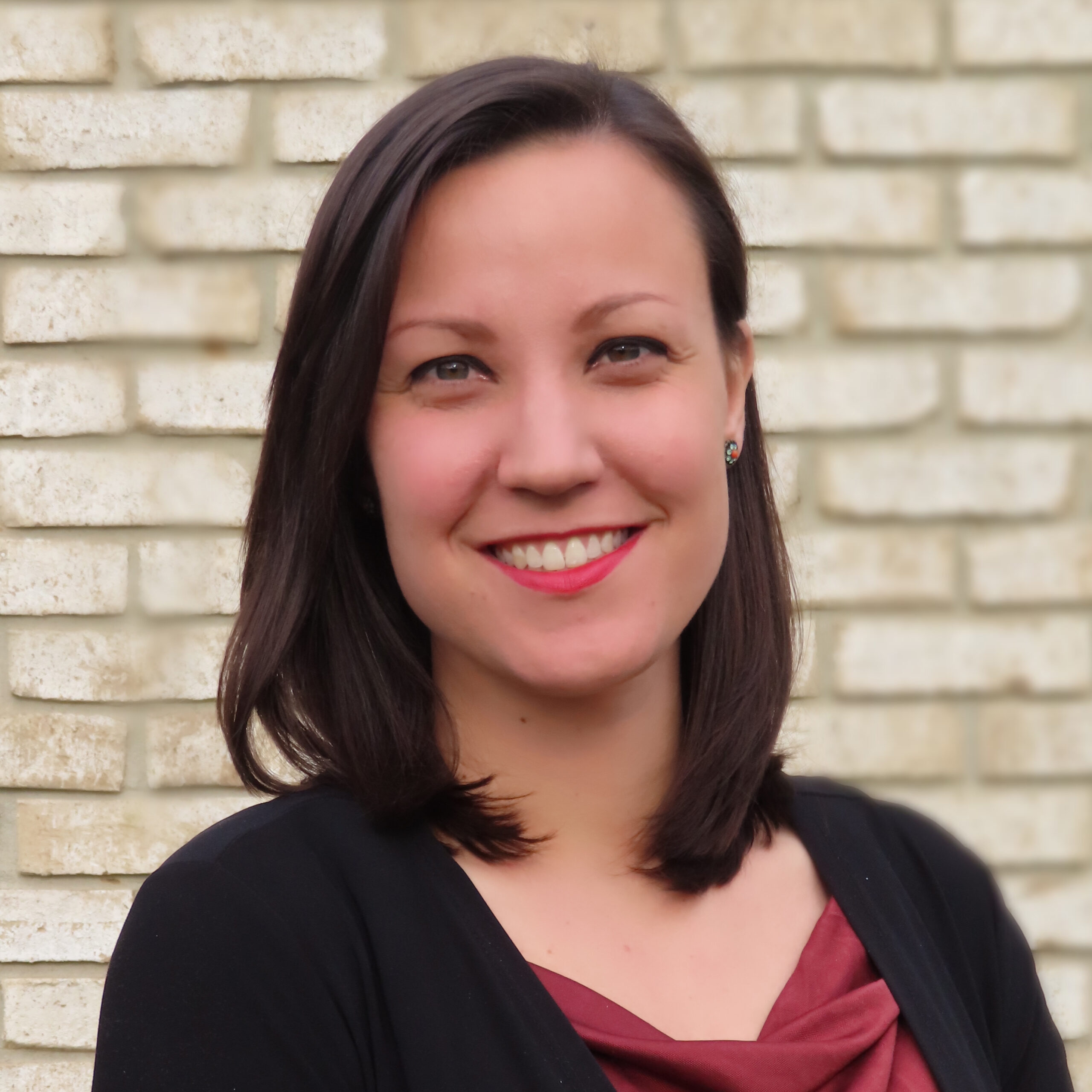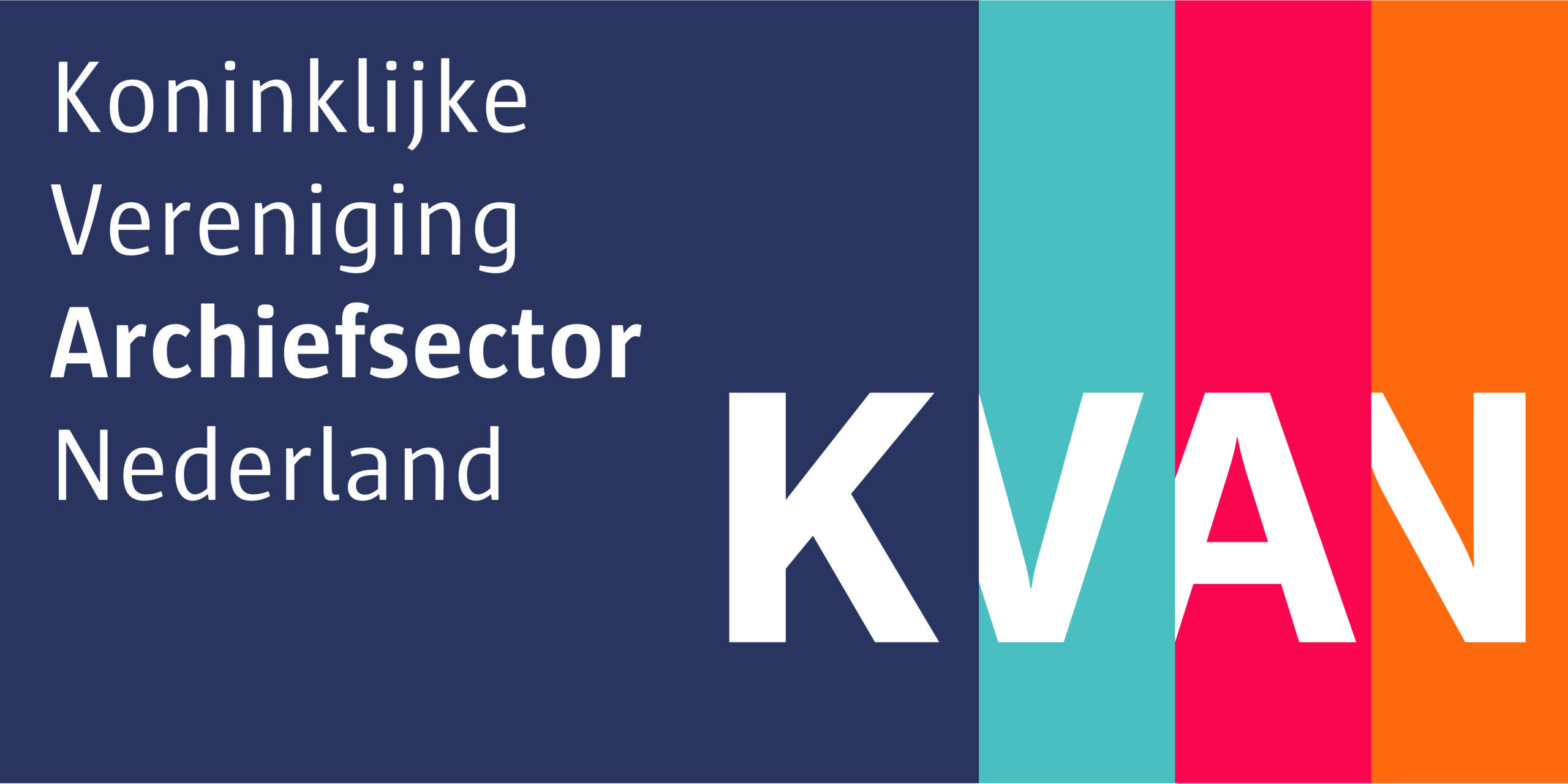Keynote Sprekers Archiefdag 2023
Het geheugen van de toekomst. Een congres dat gaat over hoe innovatief, toegankelijk en divers de archiefsector is. Hiervoor gaven wij graag jonge dynamische keynote sprekers een podium die online al vele mensen inspireren. Dat deden zij ook op 12 juni tijdens het jaarlijkse KVAN congres Archiefdag 2023!


Keynote: Nature’s oldest storage device
Big data has become a big problem. Our world is driven by information yet no storage device can keep pace with the growing data deluge. Archival storage still relies on magnetic tape, which lasts tens of years at best and is costly to maintain. There is a solution that requires zero maintenance with a lifespan and storage density unmatched by any manmade device.
All the world’s annual data would weigh less than a sugar cube if stored on nature’s oldest storage medium: DNA. Not only is DNA incredibly dense and durable, it’s possible to read, write, and copy. Information can be copied trillions of times on DNA and retrieved without error. Every new humanmade storage device requires a new way to read it and eventually becomes obsolete or unreadable. This will never be the case with DNA.
Dina Zielinski is a molecular and computational biologist. Most of her research has been in human genetics and genomics, from decoding mutations in cancer and rare diseases to encoding digital data in DNA.
> Dina Zielinski
> Lees meer: Artikel BBC ‘How to store data for 1000 years’

Keynote: The socio-technical archive
Archival institutions have a responsibility to be open about how, why, and for whom they create their archival interfaces since they have the power to decide which narratives—perspectives, ideologies, and events—are highlighted and which ones are marginalized. However, there is a tendency to prioritize the ‘democratization’ of digital heritage which focuses more on the ability to reach a larger number of users and digitizing bigger collections rather than examining how the discourse is formed and facilitated. This chapter will make the case for going beyond exclusively technical and instrumental aspects and connecting them with the socio-psychological dimensions of accessibility.
These dimensions will include approaches to archival praxis that are human-oriented such as taking into account often ignored, concealed persons and marginalised perspectives in the archives, creating respectful access interfaces for and with the descendants of marginalized persons in the archives, allowing users to interact with the archives, and communicating the subjectivities, relationality, and biases of archival infrastructures through design and documentation.
Mrinalini Luthra is a Data Ethics Specialist at the GLOBALISE project. In the project, she engages
with questions around responsible stewardship of historical data about colonisation and slavery in digital spaces and how to express the subjectivities and relationality of data, technologies, and interfaces in the GLOBALISE infrastructure. Trained as a mathematician, philosopher, and logician, her interests lie at the intersection of technology, ethics, and design.
> Mrinalini Luthra
> Info & video project Globalise
Sprekers workshops middagprogramma
De Archiefdagen zijn een initiatief van KVAN, dé beroepsorganisatie voor professionals en instellingen in de archiefsector.
